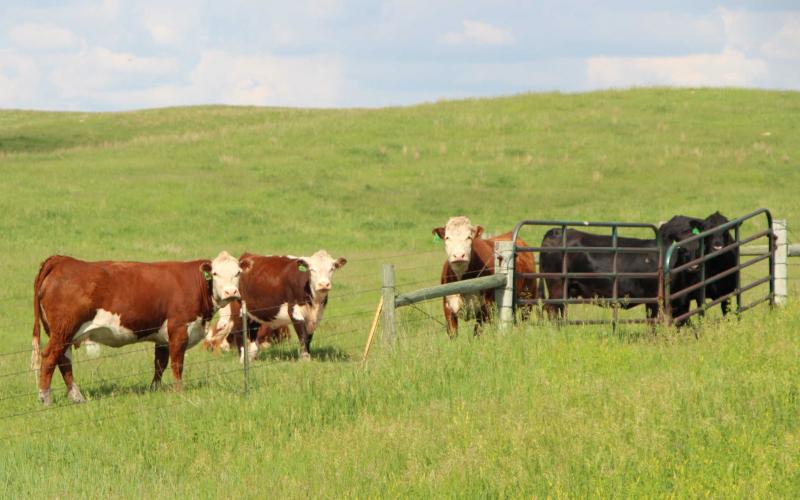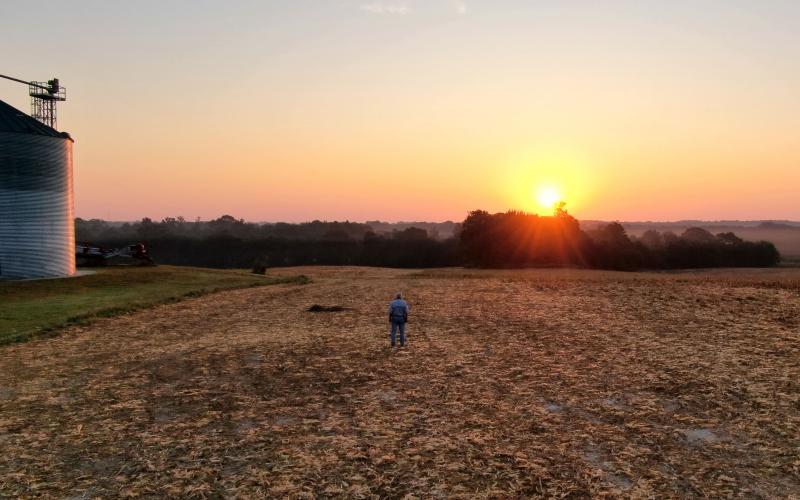Content by Heather Gessner

Cow Herd Options
April 2018 and 2019 blizzards caused stress to the region’s cowherds, and for some herds changed the calving distribution. 2020 brings a chance to re-establish a preferred calving distribution.

Livestock Market Disruptions
COVID-19 has affected the market availability for finished cattle and hogs. Some beef and pork processing facilities have closed for cleaning and social distancing of their employees. While some of these facilities have scheduled a date to reopen at reduced capacity, others remain closed with no announced plans to resume operations.

Being Proactive and Prepared During the COVID-19 Pandemic: Tips for South Dakota Farmers and Ranchers
August 10, 2020
Are you prepared to be gone from your operation for a month?

Cash Flow and Income Considerations for S.D. Farms: Part 2
This is the second article of a two-part series examining cash flow and income for South Dakota grain farms. This article will look at crop insurance, prices for 2020 crops, and changes in input prices.

Cash Flow and Income Considerations for S.D. Farms: Part 1
Grain farming is facing a reduced income outlook for 2020. Unpriced old crop revenue has decreased and projected revenue for 2020 crop is reduced. Offsetting these decreases are chances that some input prices may fall, fuel related expenses and possibly higher payments from commodity title programs.

End of Life Documents You Should Have in Place
COVID-19 infection and mortality rates fill the news programs. Across South Dakota and the nation, people are have made changes to their lifestyle and the way they accomplish many everyday activities. In response to this illness and the potential for long-term hospitalization and even death, individuals over 18 should also ensure their end of life documents are up-to-date.

Planting Projections 2020
South Dakota producers recently indicated they plan to plant 12.9 million acres of corn, soybeans and wheat in 2020, plus an additional 620,000 acres of sunflowers, 345,000 acres of oats and 45,000 acres of barley, as well as 270,000 acres of sorghum and 11,000 acres of dry edible peas.

What Kind of Records Are You Keeping?
Measurement of the actions and efforts of everyday life on the farm or ranch leads to better management and efficiency. Many farmers and ranchers keep many records. Utilization of the records for improved management would be the next step to take to improve efficiency.

Cash Flow is Critical
Strong business management skills and systems do not go out of style in times of uncertainty. These skills will help the business work through downturns in commodity prices. Cash flow budget accuracy is critical in developing and controlling the business.

SDSU Extension to Address Economic and Marketing Issues in Crop and Livestock Production During Ag Economic Dialogue Series
August 06, 2020
SDSU Extension will host monthly Ag Economic Dialogues throughout 2020 to assist farmers and ranchers in making the best and most profitable decisions for their operations.